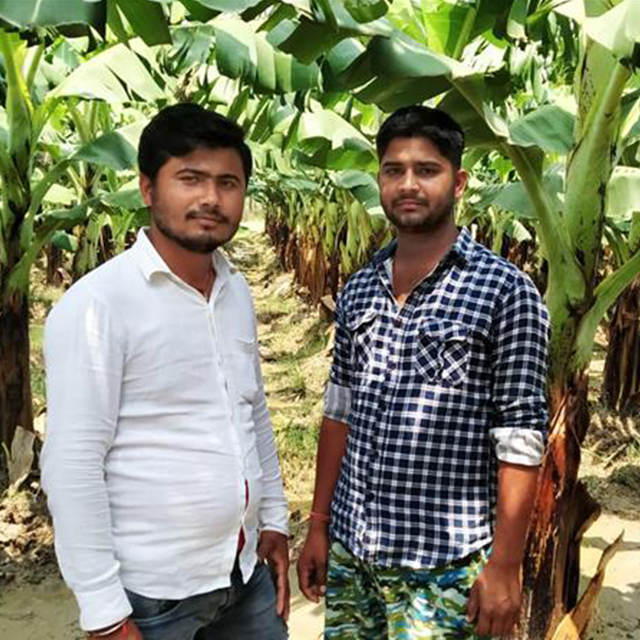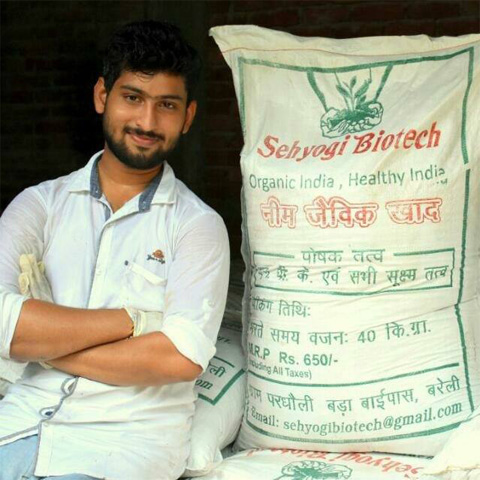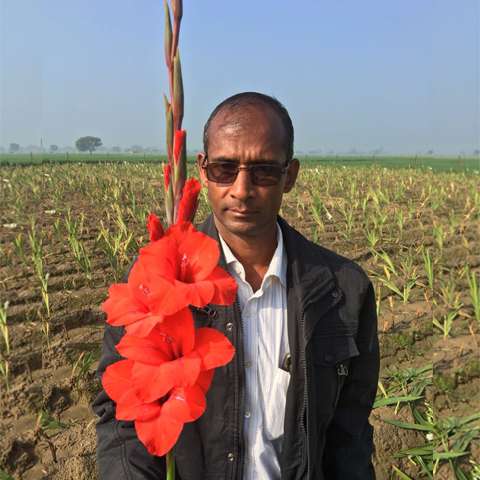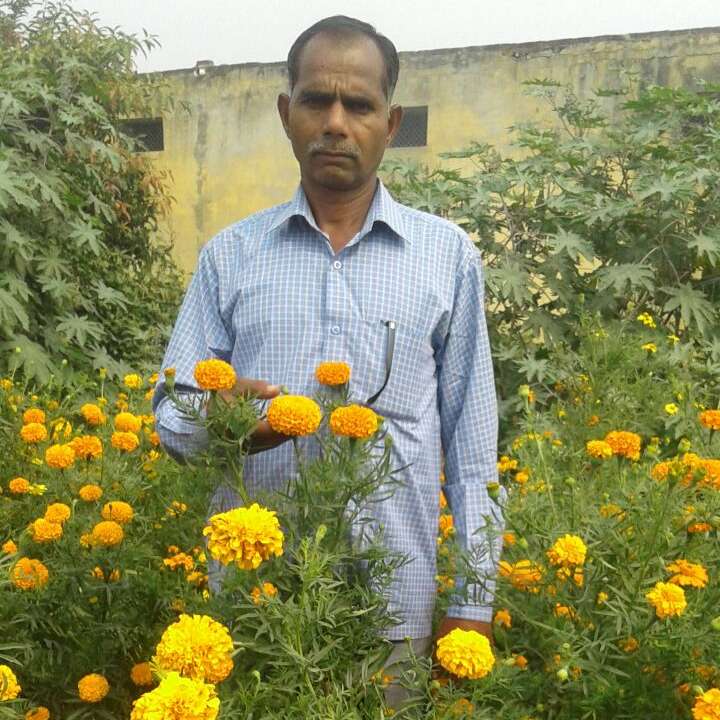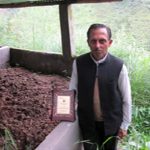Two Brothers Fulfilled their Dreams by Continuing their Father’s Profession of Banana Farming
It is said that a person can do anything if he has his family’s support, either it is about starting something new or taking an old work to new heights of success.
One such story is of two brothers who made their own mark in the society with their hard work and gained success by taking their inherited banana farm to new heights.
Continuing their father, Hari Sahay Tripathi’s occupation of banana farming, the two brothers worked hard and made their father proud of their achievements.
Being a resident of Bahraich in Uttar Pradesh, father of Amitesh and Arunesh was the head of the village and he used to do banana cultivation along with conventional farming in his 65 bighas of land.
Mr. Tripathi was the first farmer to start banana cultivation in his village and at that time both of his sons were studying. Amitesh (elder son) studied B.Sc in Agriculture and used to work in a private company and Arunesh (younger son) was preparing for SSC exams along with that pursuing B.Sc degree in Biology. During this time Mr. Hari Sahay Tripathi passed away.
In those difficult times both brothers returned to their village to support their family. As their father was the village’s head, the villagers decided to make Mr. Tripathi’s elder son Amitesh as the new head of the village. And along with that both the sons decided to continue their father’s occupation of banana farming.
But during this time, a storm came in the village and destroyed the entire banana crop. In those difficult times, Tripathi brothers didn’t lose their hope and courage and after trying hard they were compensated by the government for their affected crops.
After this incident, both decided to start a new beginning with the compensated money they received from the government. Animesh and Arunesh planted all the nine varieties of banana that were earlier planted by their father. They started banana farming in 30 bighas of land and in the rest of the 35 bighas they continued conventional farming.
During this time, whenever we faced any difficulty, we resolved it by consulting the experts of banana farming. – Arunesh Tripathi
As a result of the new beginning, the crop production was very good and the income was around 1 lakh per bigha. Quality of the crops grown by Tripathi brothers was excellent, resulting to which many companies started contacting them directly to do business with them.
As banana is an evergreen and nutritious fruit, so while marketing the crops we didn’t face any hurdles as the merchants directly visited our farm to buy it. Along with bananas we also grow wheat in large quantities. – Amitesh Tripathi
Both the brothers fulfilled their dreams by taking their father’s business of banana cultivation to new heights with their hard work and understanding. Apart from being a farmer, Amitesh is also the village’s head and also has some duties & responsibilities towards his village which he manages honestly. And due to this reason, both the brothers are quite famous among the good farmers of the city.
In the coming time, the two brothers want to prepare banana plants by setting up their own factory together and become a successful farmer like their father.


